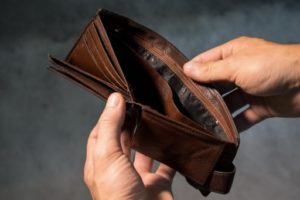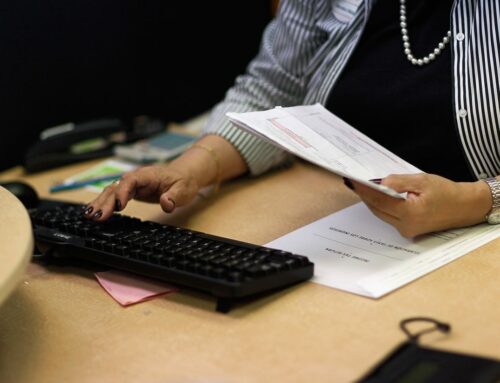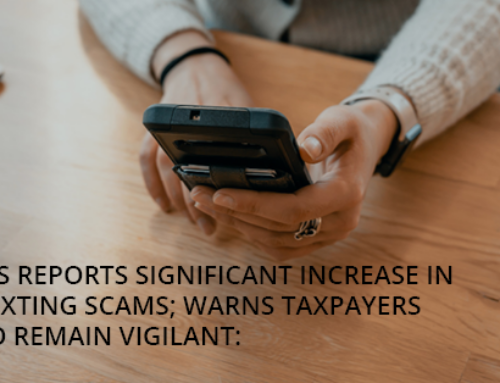
Everyone is anxiously awaiting their $1200 stimulus payments. But some folks may be in jeopardy of NOT receiving their money. Sometimes, when consumers have seriously delinquent debt, funds can be swooped from private parties (collection agencies) and in some cases can be seized by the federal government. Private collectors can garnish portions of wages. Also, the U.S. Treasury, through its “Offset” program, can normally seize 100% of any tax refund you’re due in order to pay off back taxes to federal agencies as well as certain debts owed to states.
What does this mean for the stimulus payments? What will happen to this one-time check being sent out to Americans in need? For most, it means nothing, but for those who OWE money, it is an entirely different case.
So, who might be losing their stimulus money?
- Those who are behind in child support; in the CARES Act, Congress says child support is an obligation that would be subject to the TOP Program (Treasury Offset Program). And there are NO exceptions to this, no matter if you are under a financial hardship. TOP will still be legally allowed to seize your stimulus check if you are behind on your child support and you have been turned over to your State for collections.
- Those who owe money to a bank; if you have direct deposit with a bank to which you owe money, your stimulus check (at least under current law and policy) could be grabbed by that bank! There is no provision in the CARES Act that prevents a bank from taking part, or all, of the stimulus payment. The Treasury Department CAN implement measures to prevent the bank from doing this, but so far has not done so.
- Those who owe money to other debtors; there are no provisions in the CARES Act that prohibit private debt collectors from garnishing stimulus money. So, if you are behind on payments or have an outstanding court judgement, a private debt collector can serve you a garnishment order, even during a pandemic! It doesn’t matter if the money came from the stimulus check. It is not immune to garnishments.
Protecting the stimulus checks from private debt collectors is becoming its own cause. The Treasury Department is being urged to create a provision that will protect the stimulus payments from private creditors and garnishment orders. There are a few states, such as Massachusetts and Ohio that have enacted their own emergency regulations preventing debt collectors from issuing new garnishment orders. However, unless the Treasury Department steps in, the risk of losing stimulus money to private debt collectors will remain alive in most states.
There are some debt situations where the stimulus checks will be off-limits and cannot be used as an offset:
Bankruptcy; according to data from The American Bankruptcy Institute, 718,000 consumers filed for chapter 7 and chapter 13 bankruptcy in 2019 and about the same occurred in 2018. Based on a notice from the Justice Department, receiving a stimulus payment won’t force an individual to repay a higher amount in bankruptcy than they would have if they hadn’t received it.
Tax Debt; according to the IRS, as of 2018, more than 14 million Americans owed a total of $131 billion on back taxes, penalties and interest to Uncle Sam. But the CARES Act protects your stimulus money from being seized to offset a previous tax debt.
Defaulted Student Loans; all payments on federal student loans are suspended with zero % interest from now until Sept 30. Anyone with a federal student loan in default won’t have their stimulus money seized to pay back the debt.
*The first portion of this article definitely illustrates that “debt doesn’t pay”. We would encourage anyone who is struggling with delinquent debt to explore all resources available for finding help for their personal situations.






